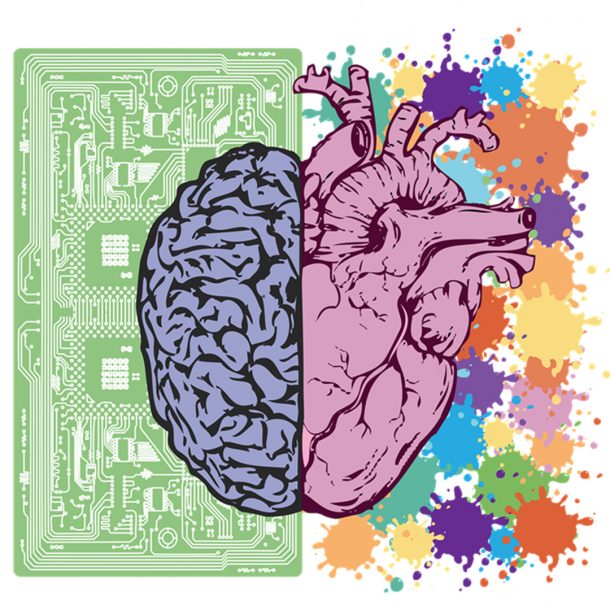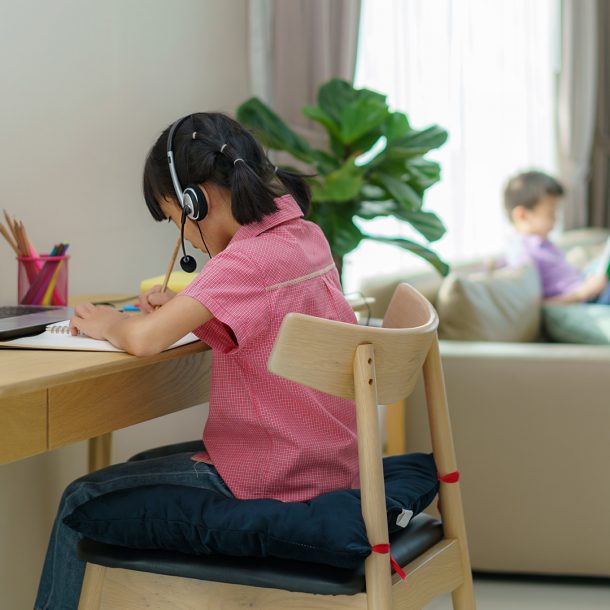
Remember when you were stressed at school due to academics? Or you did not get along with someone and dreaded meeting them somewhere in the school corridors? These experiences may seem trivial now. But back then, they held the power to affect the well-being of your younger self.
As children, most people did not have the tools to deal with heavy emotions such as anxiety and stress. That seems to be changing now with schools adopting the practices of meditation and mindfulness.
What is Mindfulness and Meditation?
Mindfulness involves paying attention to one’s thoughts, feelings, and surroundings, without judgement or distraction. On the other hand, meditation involves training the mind to focus and be still. Both these ancient practices involve focusing the mind and being present in the moment. They have been found to improve mental health, concentration, and overall well-being.

Their Benefits
In the last decade, researchers and scientists have been working to understand the effects of meditation and mindfulness on students. A meta-review in the Educational Psychology Review showed that when schools taught meditation, it had an overall positive impact on the well-being of their students.
Some of the benefits of mindfulness and meditation are:
- Improved academic performance: Mindfulness and meditation have been shown to improve attention, memory, and cognitive flexibility, which are essential for academic success.
- Reduced stress and anxiety: Stress and anxiety are prevalent among students, and mindfulness and meditation have been proven to reduce their symptoms by helping students manage their emotions and cope with stress.
- Enhanced social and emotional learning: These practices help students develop self-awareness, self-regulation, and empathy, which are crucial for social and emotional learning.
How to incorporate mindfulness and meditation in the school curriculum?
- Start with the teachers: Before they teach students, teachers should be provided with dedicated time and resources to first engage in mindfulness practises themselves. This will not only improve their own well-being but also help them understand students’ perspectives.
- Both students and educators should be allowed time to understand the theory and science behind meditation and mindfulness and their purpose. Consistent spaces for guided sessions can open up conversations on culture, acceptance and empathy among them.
- Integrate evidence-based meditation into the curriculum: Mindfulness and meditation can be integrated into the daily routine of the school through dedicated classes.
The school can even create ‘mindful moments.’ For example, a five-minute meditation session can be included in the morning assembly, and mindfulness exercises can be incorporated during breaks. Dedicated spaces in the school, such as a wellness room, or a garden space can help students and educators practise these moments.

As we continue to develop education methodologies that equip students with necessary skills and knowledge, mindfulness and meditation are increasingly becoming a necessary component of a well-rounded education. Incorporating them in the school curriculum can be a transformative tool for students to learn and practice self-awareness, self-regulation, and empathy. While further research continues on this subject, the preliminary results certainly hail these practices as beneficial. When implemented correctly, these can surely benefit students in the long run.


